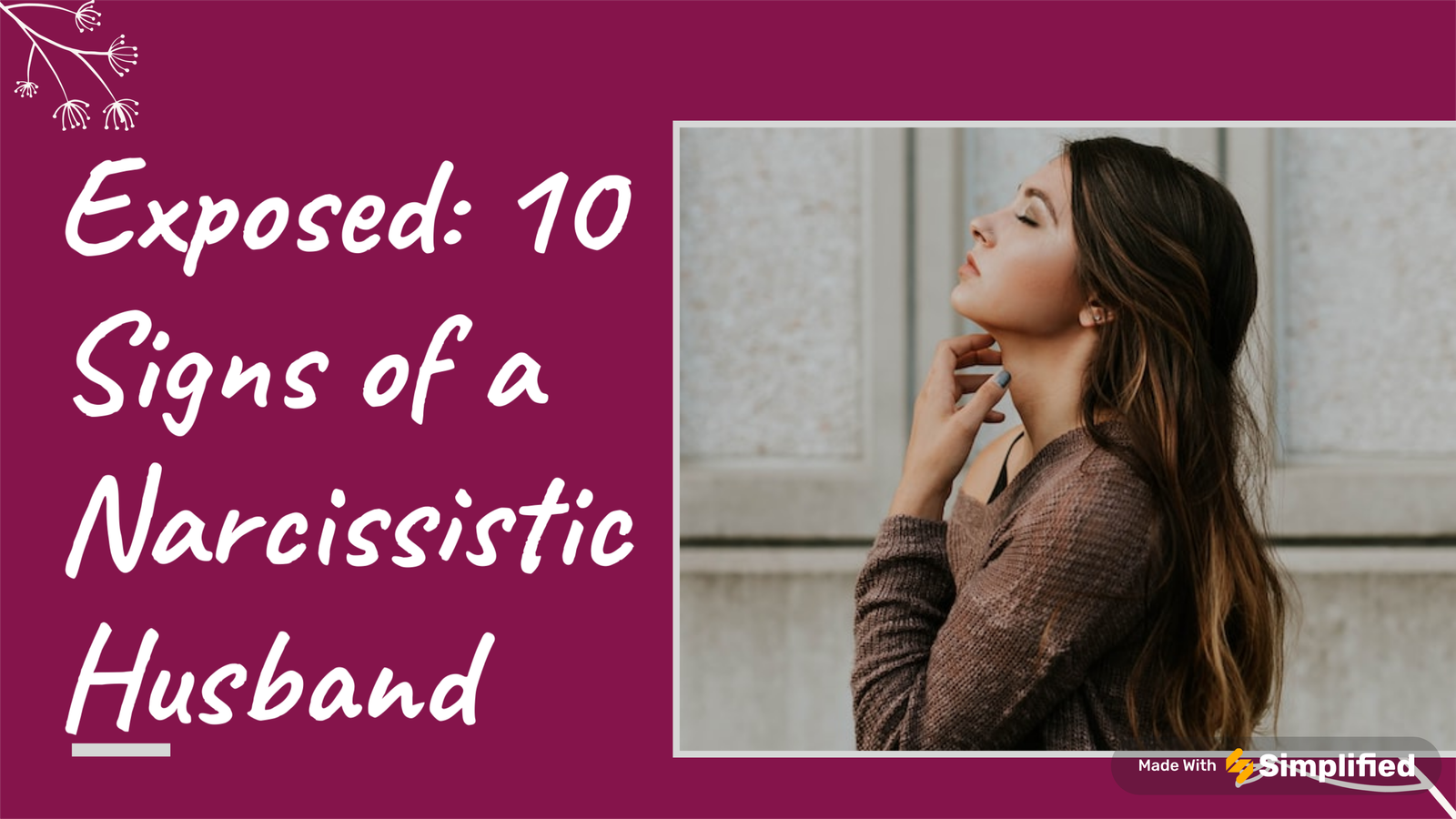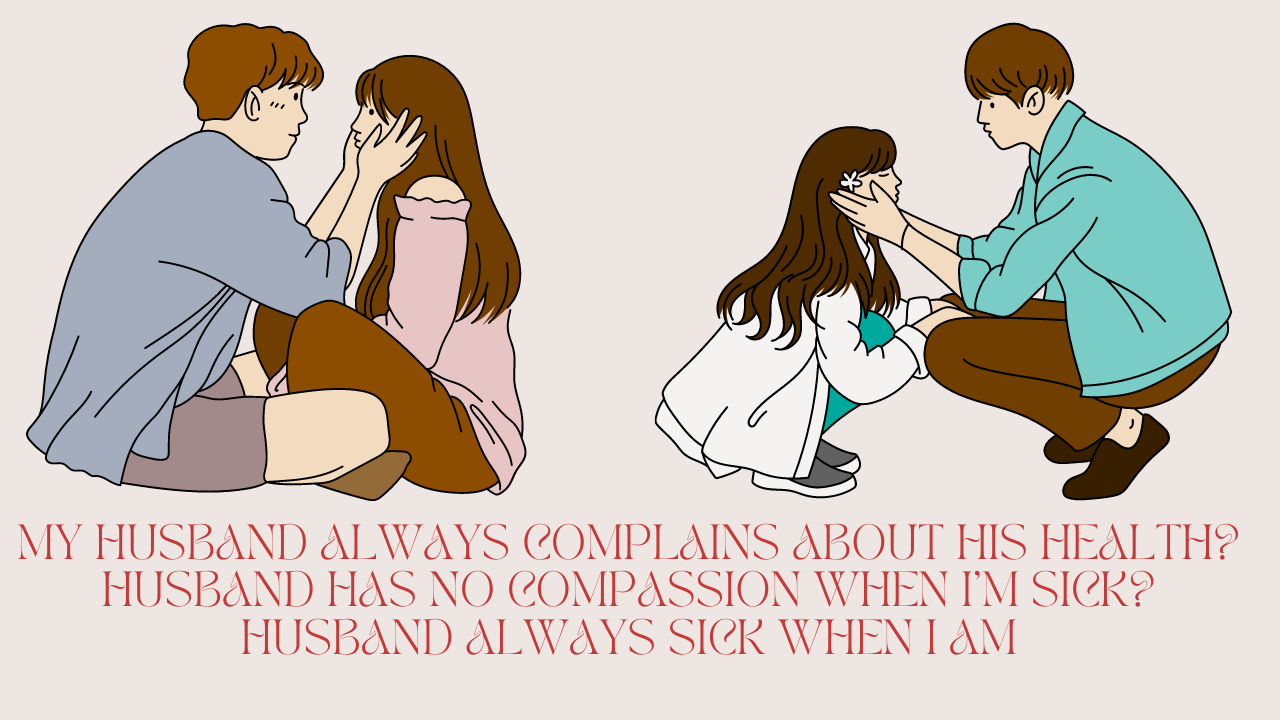Frequently Asked Questions – Wisher
What the end of a relationship feels like?
The end of a relationship can bring about an overwhelming wave of emotions. You might find yourself grappling with deep sadness and grief, mourning the loss of the relationship and the future you had envisioned together. Crying spells may be frequent, as the reality of the breakup settles in. Alongside this sorrow, anger can emerge, particularly if you feel betrayed or hurt by your ex. This anger may also be directed inward, manifesting as frustration with yourself for the role you played in the relationship’s end.
Fear is another common emotion, especially when considering what lies ahead without your partner. The uncertainty of the future can lead to worries about being alone or doubts about finding love again. Guilt often accompanies these feelings, whether you were the one to end the relationship or the one who was left. You might feel guilty for causing pain or feel like you failed in some way. This emotional turmoil can lead to confusion as you struggle to reconcile the loss with the life you now face. Solve it
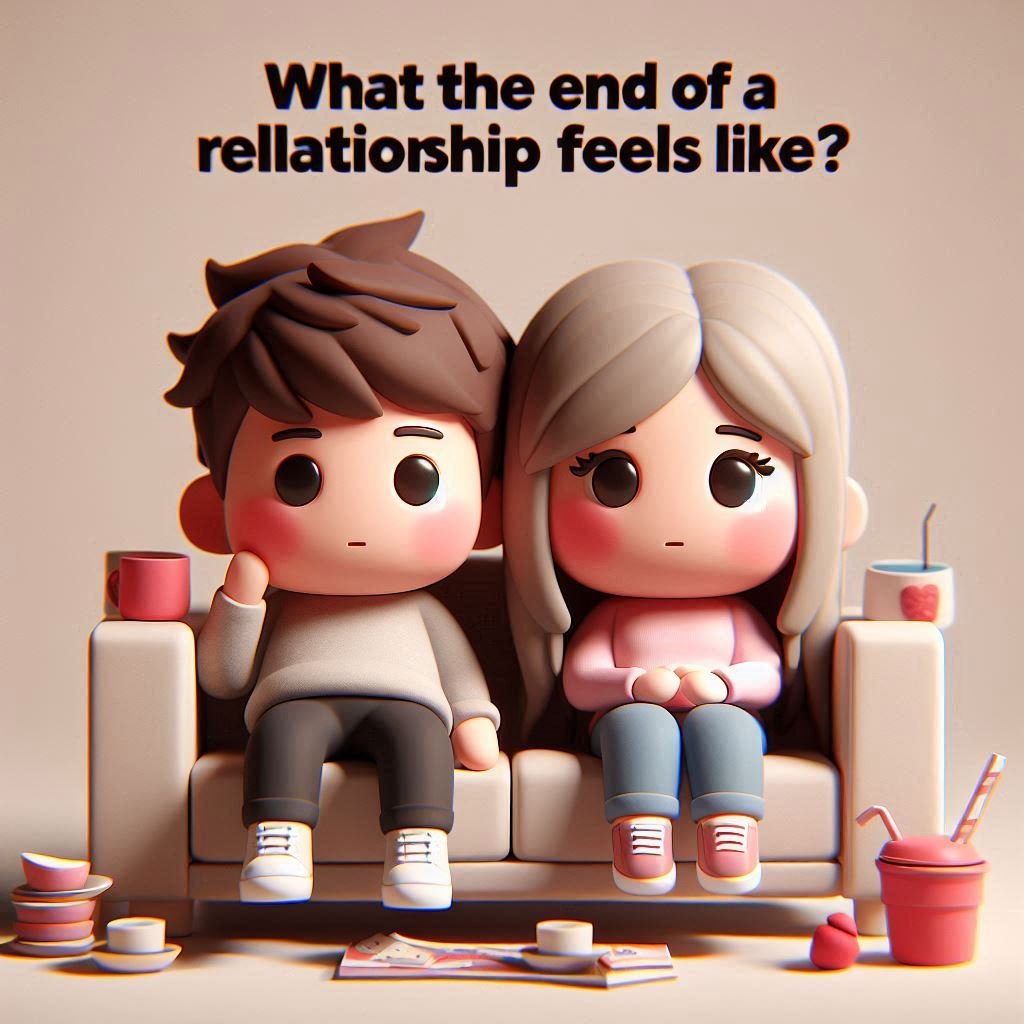
Physically, the stress of a breakup can manifest in several ways. Sleep may become elusive, with your mind racing through memories and emotions, making it hard to rest. Your appetite could change dramatically, leading to weight loss or gain as you either lose interest in food or turn to it for comfort. The emotional pain might even translate into physical discomfort, such as chest pains, headaches, or muscle tension. The constant emotional strain can also leave you feeling exhausted, drained of both energy and motivation.
Behaviorally, you might start avoiding places or people that remind you of your ex, as these reminders can be too painful to bear. It’s common to obsess over the relationship, replaying events in your mind and trying to figure out what went wrong. In an attempt to escape the pain, you might throw yourself into work, hobbies, or even casual dating. However, some people might lash out, taking their frustrations out on others as they struggle to cope with their emotions.
The end of a relationship is undoubtedly one of life’s most challenging experiences. It’s important to give yourself time to grieve and heal. Lean on your loved ones for support, and consider seeking counseling if the pain feels too overwhelming. With time and self-care, the intensity of these emotions will fade, allowing you to move forward and find peace.
How to tell if your partner isn’t attracted to you anymore?
Noticing that your partner may no longer be attracted to you can be unsettling, but recognizing the signs can help you address the situation. One of the first indicators is a decrease in physical affection. If your partner is no longer initiating or responding to gestures like hugging, kissing, or holding hands, it might suggest that their attraction has faded. Physical touch is a fundamental way to express love and connection, so a decline in this area can be significant.
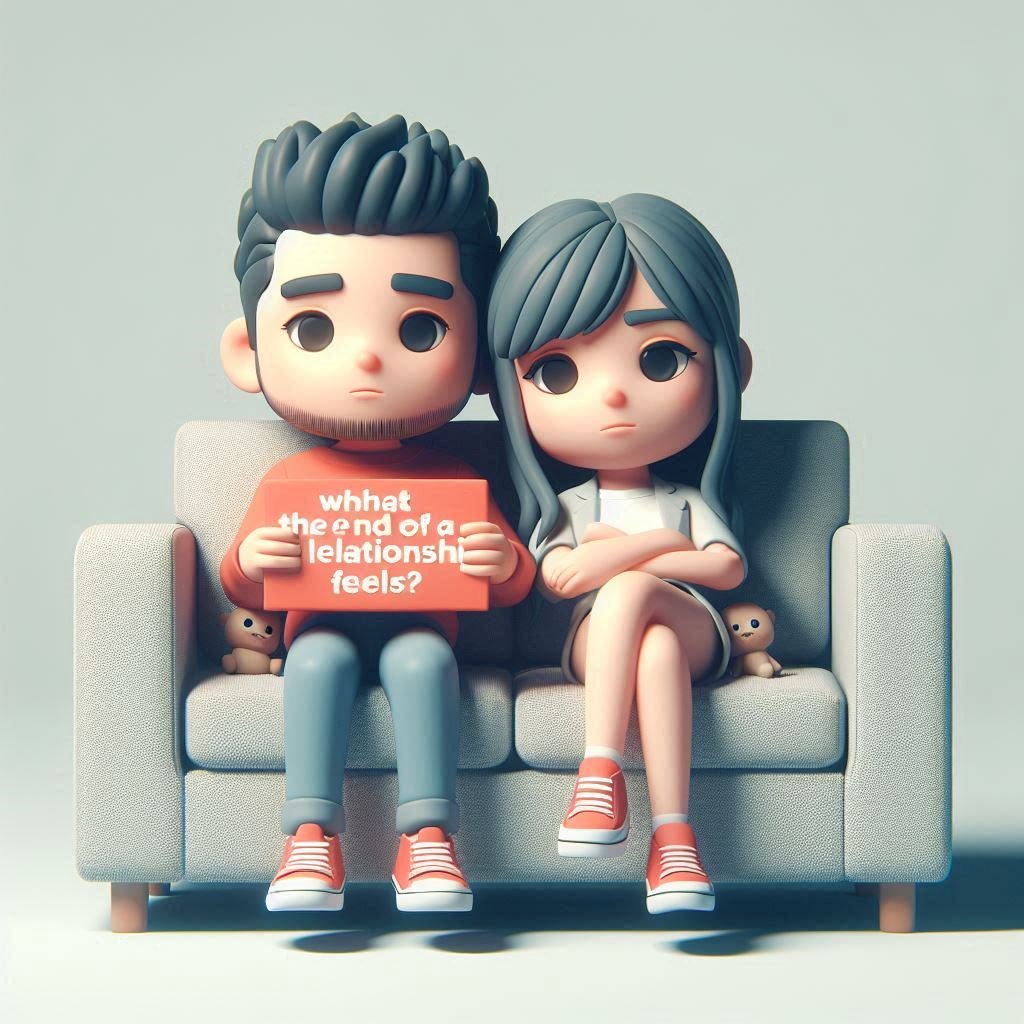
Another sign is a shift in communication. If your partner starts treating you more like a friend or a roommate, with less use of affectionate language and more distant or formal interactions, it could indicate that they are no longer viewing the relationship as romantic. This might also manifest in how they talk to you—less warmth, fewer terms of endearment, and more casual or even detached conversations.
Avoidance of intimacy is another red flag. If your partner is consistently making excuses to avoid sexual contact or seems uninterested in being close, it could mean that they are struggling with attraction. This might also include a preference for spending time alone or engaging in solo activities rather than seeking out moments of connection with you.
Increased irritability or cold behavior can also be telling. If your partner seems easily annoyed by things that never used to bother them or has become emotionally distant, it could be a sign that their feelings have changed. When attraction fades, even small quirks or habits can start to grate on them, leading to tension in the relationship.
If you’re noticing these patterns, it might be time to have an open conversation with your partner. Addressing your concerns directly and with empathy can help clarify where you both stand and whether there are steps you can take together to reignite the connection.
How do you know if the love has gone?
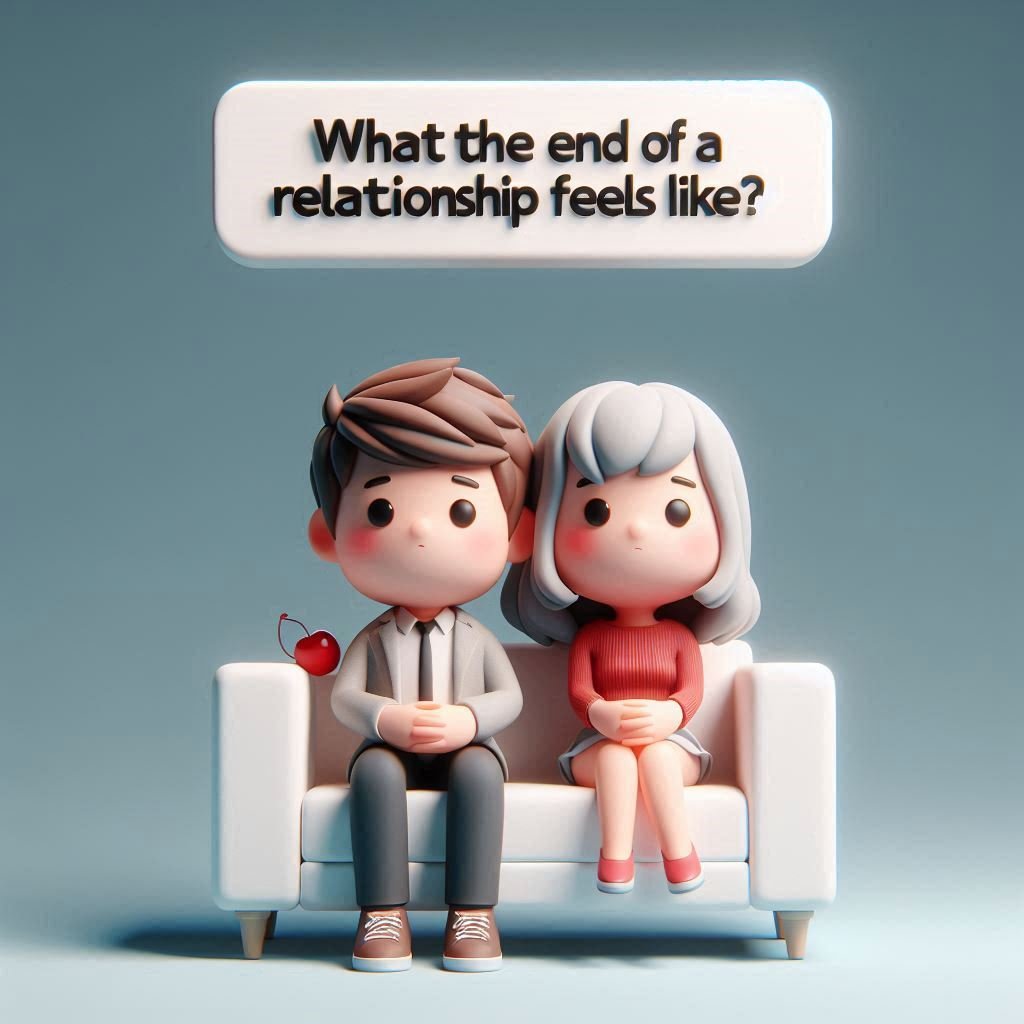
The end of a relationship can bring about an overwhelming wave of emotions. You might find yourself grappling with deep sadness and grief, mourning the loss of the relationship and the future you had envisioned together. Crying spells may be frequent, as the reality of the breakup settles in. Alongside this sorrow, anger can emerge, particularly if you feel betrayed or hurt by your ex. This anger may also be directed inward, manifesting as frustration with yourself for the role you played in the relationship’s end.
Fear is another common emotion, especially when considering what lies ahead without your partner. The uncertainty of the future can lead to worries about being alone or doubts about finding love again. Guilt often accompanies these feelings, whether you were the one to end the relationship or the one who was left. You might feel guilty for causing pain or feel like you failed in some way. This emotional turmoil can lead to confusion as you struggle to reconcile the loss with the life you now face.
Physically, the stress of a breakup can manifest in several ways. Sleep may become elusive, with your mind racing through memories and emotions, making it hard to rest. Your appetite could change dramatically, leading to weight loss or gain as you either lose interest in food or turn to it for comfort. The emotional pain might even translate into physical discomfort, such as chest pains, headaches, or muscle tension. The constant emotional strain can also leave you feeling exhausted, drained of both energy and motivation.
Behaviorally, you might start avoiding places or people that remind you of your ex, as these reminders can be too painful to bear. It’s common to obsess over the relationship, replaying events in your mind and trying to figure out what went wrong. In an attempt to escape the pain, you might throw yourself into work, hobbies, or even casual dating. However, some people might lash out, taking their frustrations out on others as they struggle to cope with their emotions.
The end of a relationship is undoubtedly one of life’s most challenging experiences. It’s important to give yourself time to grieve and heal. Lean on your loved ones for support, and consider seeking counseling if the pain feels too overwhelming. With time and self-care, the intensity of these emotions will fade, allowing you to move forward and find peace.

